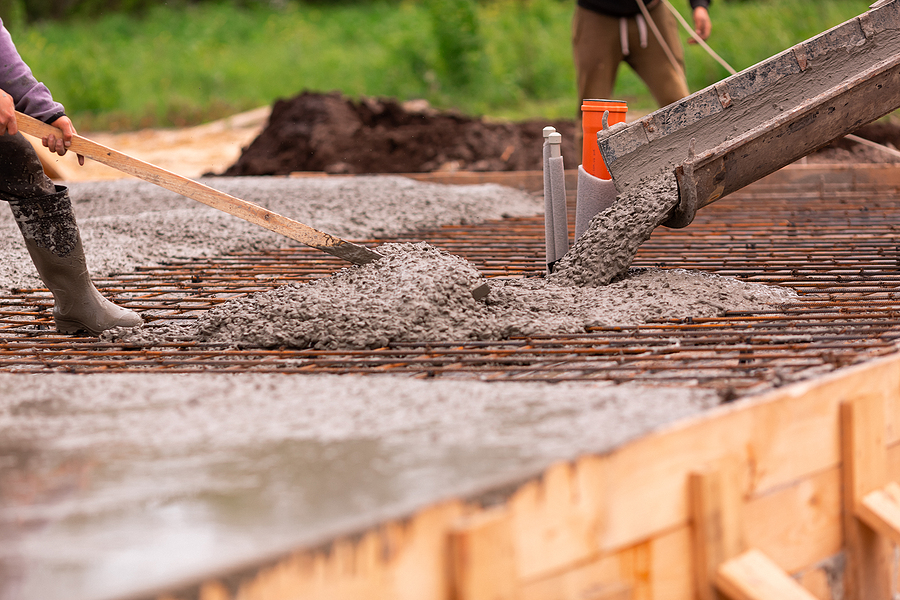UK Concrete, part of the Mineral Products Association, has launched a roadmap to beyond net zero, revealing that this can be achieved through technologies such as fuel switching, decarbonised electricity, low-carbon cement and concrete, and carbon capture use or storage (CCUS) for cement manufacture.
Come the year 2050, a net negative industry will have been achieved through the use of natural properties of concrete, such as its ability to absorb CO2 during use, as well as using thermal properties of the material in buildings to reduce operational emissions.
Central to this ambition will be CCUS technology, which is vital for the delivery of net zero manufacturing, driving 61 per cent of the required carbon savings.
Inroads have already been made by the industry and has succeeded in driving its direct and indirect emissions down by 53 per cent since 1990 thanks to investment in fuel switching, energy efficiency including plant rationalisation and changes in product formulation.
And the MPA is also investigating the benefits of hydrogen and plasma technology, with funding from the Department for Business, Energy and Industrial Strategy, demonstrating how these technologies could reduce carbon emissions through fuel switching from fossil fuels in the production of both cement and lime.
Chief executive of the MPA Nigel Jackson explained that concrete, cement and the aggregates used to make it are essential for our way of life, with the likes of new schools, hospitals, homes, railways and other infrastructure (such as that for clean water and sanitation) all dependent upon it.
“Critically, our roadmap will be delivered without offsetting emissions or offshoring production facilities. We believe that net zero should be achieved by reducing emissions from the construction materials manufactured in the UK, rather than by carbon leakage, where UK production is replaced with imports that simply moves the emissions responsibility abroad.
“The aim should be to retain jobs and economic value in the UK whilst ensuring that the UK takes responsibility for the emissions it creates,” he went on to say.
As UK Concrete explains further, concrete as a building material has numerous benefits where climate change is concerned. These include the fact that it’s 100 per cent recyclable, is durable and low maintenance, and is long-lasting, which means that structures continue to be fit for purpose for generations.
Not only that but it is locally produced and can be made using waste materials, while its built-in properties such as carbonation and thermal mass help to reduce carbon emissions, as well as avoiding them, over the life cycle of a building.
It’s becoming increasingly important to measure the environmental performance of structures over their entire lives, instead of just the impact of construction – and concrete could be very beneficial in this regard.
For help with concrete restoration and repair, get in touch with Foreva Concrete Repairs today.

